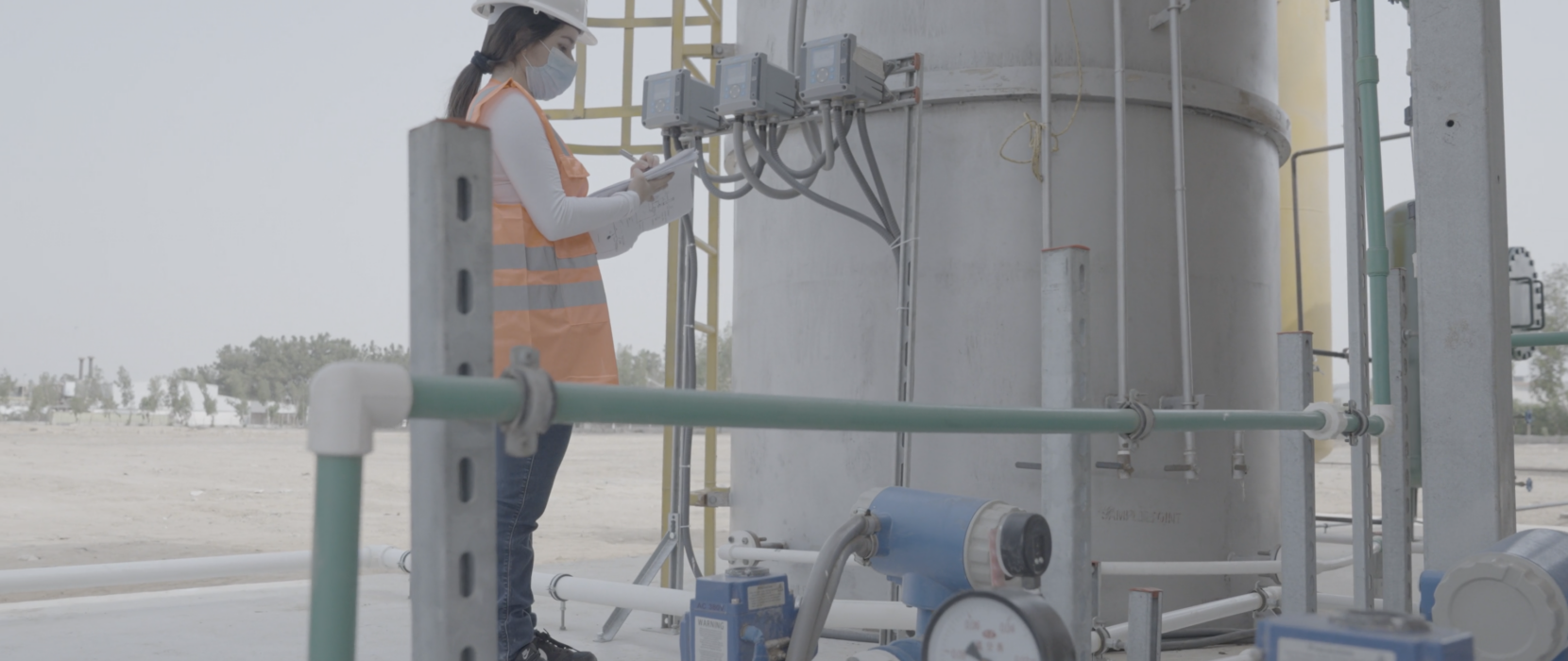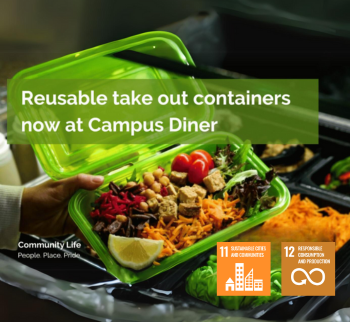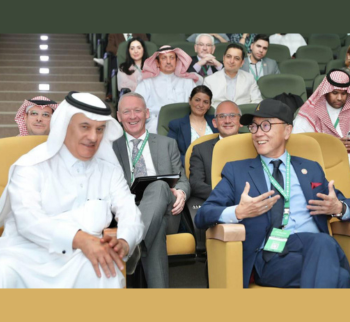KAUST Professor Peiying Hong has developed a new innovative wastewater treatment method that uses less energy and renders water safe to use for agriculture. The technology is currently being piloted with industry partner MODON (the Saudi Authority for Industrial Cities and Technology Zones) in Jeddah.
Securing clean water and good sanitation is a critical sustainable development goal to ensure the health of urban environments around the world. Water is needed for hydration, good hygiene, but also for food production. Currently, irrigated agriculture represents 40% of the total food produced worldwide. With an increasingly warmer climate and the water stress caused by growing populations, water infrastructure will need to be more sustainable and recycle water more efficiently. It is no surprise that ensuring water security and maximizing water reuse is encompassed in the objectives of the Kingdom’s 2030 Vision.
At present, most of Saudi Arabia’s treated wastewater is cleaned using an aerobic process. But through an innovative new method, Professor Hong developed an anaerobic process, employing anaerobic membrane bioreactor (AnMBR) technology that uses microorganisms to convert organic carbon into methane. Water is then filtered and disinfected using UV light and hydrogen peroxide. The output is clean water suitable for growing crops, contributing both for water and food security. The clean water can also be used to establish green landscapes in urban areas, contributing to the well-being of urban communities.
Earlier this year, Hong partnered with MODON to turn a prototype of the new technology into a pilot program for anaerobic wastewater treatment, which is currently operational at MODON’S site in Jeddah. The pilot plant will treat 50,000 liters of wastewater per day. The biomass produced by the system can also be used as agricultural fertilizer.
The new system has a smaller site footprint than existing processing plants and is decentralized, which minimizes energy costs related to distribution and transport. The technology has the potential to be deployed as a commercially viable and innovative decentralized wastewater treatment system.
“Through this system, we hope to demonstrate that cleaning wastewater to generate high quality reclaimed need not be associated with high energy costs. In fact, we hope to demonstrate that not only do you not need energy to clean wastewater, you can even generate both clean water and energy simultaneously.” said Hong.
The research of Professor Hong and her Environmental Microbial Safety and Biotechnology lab focusing on global water health and management is pivotal for water-scarce countries like Saudi Arabia, particularly in a time when climate targets are far from being met and continued global warming exacerbates the world’s water security risks. By creating new innovative technologies in water treatment and reuse, in a safe, sustainable and economically competitive manner, Hong hopes to translate her discoveries to other dry regions and put wastewater treatment technologies at the center of new sustainable urban developments.




